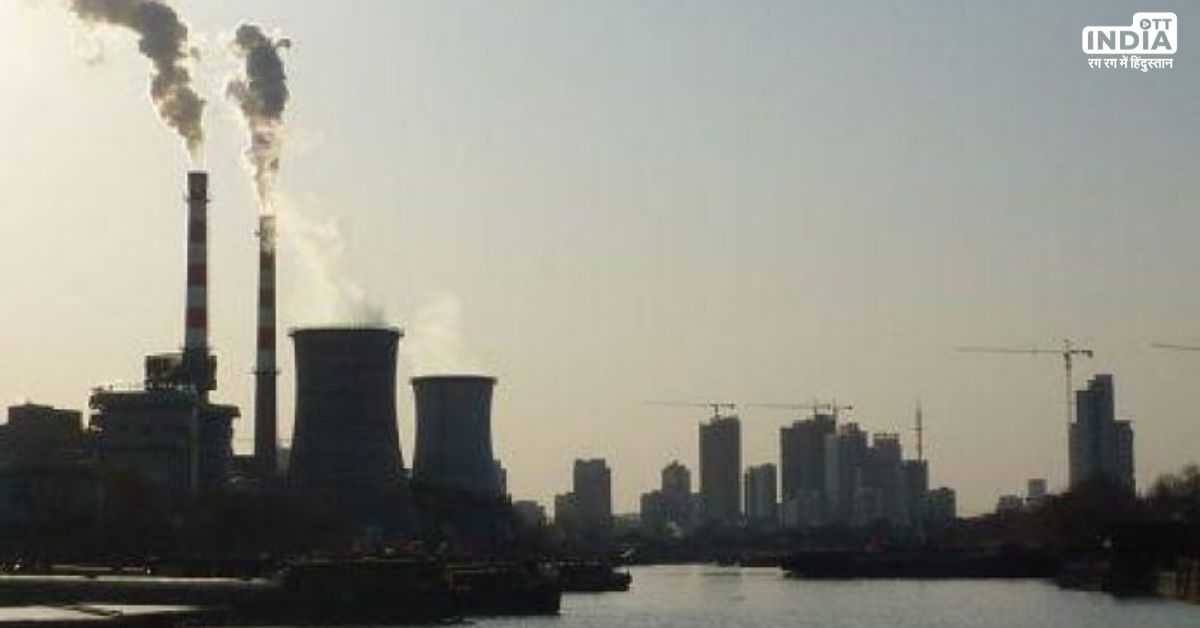Global Air Quality Falls Below WHO Standards, Reducing Life Expectancy by 2.3 Years, Report Reveals
A recent report has exposed a grim reality: not a single country meets the air quality standards set by the World Health Organization (WHO). This dire situation has far-reaching consequences, with the global population experiencing a shocking reduction of 2.3 years in life expectancy due to the hazardous air quality. Delving into the details of this disheartening revelation, let's shed light on the alarming implications for public health and the urgent need for comprehensive action.

The World Health Organization's air quality guidelines were designed to protect human health and well-being by ensuring clean air. However, the report highlights that every country, regardless of economic status or geographical location, has fallen short of meeting these crucial standards. The scale of this failure underscores the severity of the global air quality crisis.
A Harsh Toll on Life Expectancy
The ramifications of inadequate air quality are stark and universal. The study's findings reveal that individuals across the globe are facing an average life expectancy reduction of 2.3 years due to prolonged exposure to polluted air. This alarming statistic serves as a wake-up call, urging governments and organizations to prioritize clean air initiatives for the betterment of human health.
Public Health Emergency
The report not only highlights the immediate impact on life expectancy but also underscores the broader public health emergency triggered by poor air quality. Prolonged exposure to pollutants contributes to a range of health issues, including respiratory diseases, cardiovascular problems, and even cognitive impairment. This situation calls for urgent intervention to mitigate the health crisis that looms over societies.
Need for Collective Action
The report serves as a stark reminder that the issue of air quality transcends borders and affects everyone. Addressing this global challenge requires coordinated efforts from governments, industries, and individuals. It's imperative that comprehensive strategies are formulated and implemented to reduce air pollution, promote clean energy sources, and safeguard the health and well-being of future generations.

Clean air is a fundamental human right, and concerted efforts are essential to ensure that the air we breathe doesn't come at the cost of our health and well-being. As the global community grapples with this health crisis, proactive measures must be taken to restore the quality of our air and secure a healthier future for all.
Also Read: List of Top 10 Polluted Cities across the country: Bihar on top
OTT India updates you with the latest news, The Country’s no.1 digital news platform OTT India, Keeps you updated with national, and international news from all around the world. For more such updates, download the OTT India app on your Android and IOS device.
.





